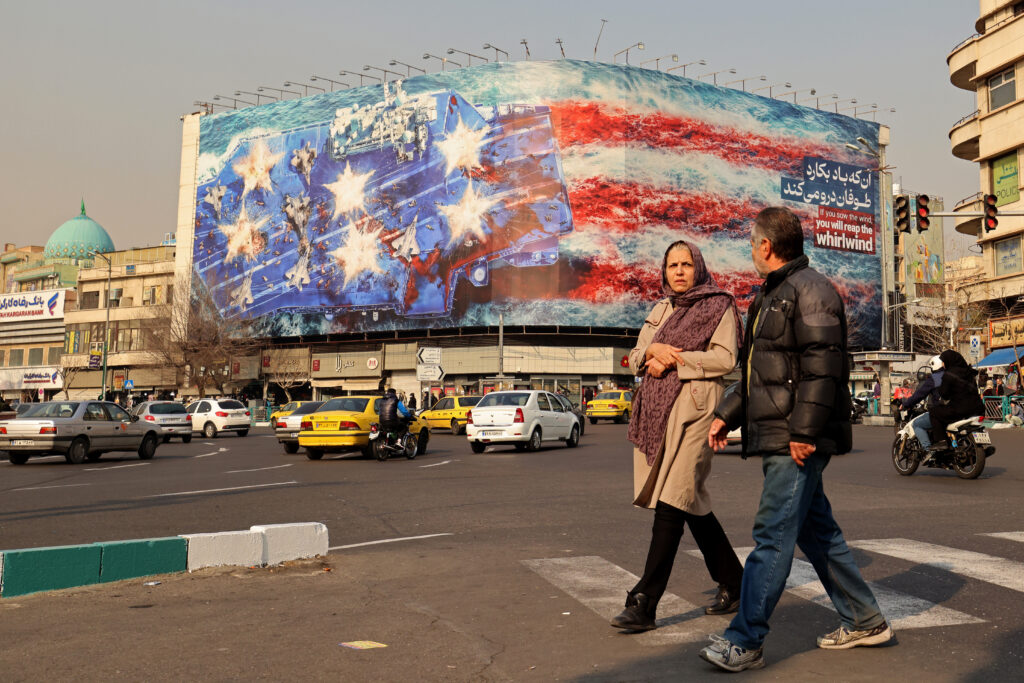Israel military says remains of last Gaza hostage Ran Gvili returned
The Israeli military said on Monday that the remains of the last hostage held in Gaza, Ran Gvili, had been identified and were being repatriated to Israel for burial.The announcement put an end to a lengthy process to locate and return the last of the 251 hostages taken by Hamas militants during their October 2023 attack on Israel.Israeli Prime Minister Benjamin Netanyahu on Monday hailed the return of all those held captive “down to the very last”.The latest set of hostage handovers were part of the first phase of the US-backed ceasefire deal, which began on October 10 and aimed to stop the fighting in the Palestinian territory.Hamas said the return of Gvili’s body showed the militant group’s “commitment” to the ceasefire, which entered its second phase earlier this month.Gvili’s family had expressed strong opposition to launching the second phase of the plan before they had received his remains.The Israeli military said in a statement on Monday that its representatives “informed the family of hostage Ran Gvili… that their loved one has been identified and will be returned for burial”.”With this, all hostages have been returned from the Gaza Strip to the State of Israel”, it added.Footage released by the Israeli military showed Gvili’s coffin draped in an Israeli flag and surrounded by soldiers singing the national anthem.The young Israeli police officer in the elite Yassam unit was on medical leave ahead of shoulder surgery when Hamas launched its deadly attack on Israel on October 7, 2023.Instead of staying home, the 24-year-old motorcycle enthusiast grabbed his personal gun and raced toward the area of the attack in southern Israel to fight the Palestinian militants.- ‘Many difficult years’ -The gradual return of the hostages over several stages had been a complicated and arduous process for both sides.”This is an extraordinary achievement for the State of Israel,” Prime Minister Benjamin Netanyahu told journalists in parliament on Monday. “We promised — and I promised — to bring everyone back. We brought them all back, down to the very last captive,” he added.Israeli President Isaac Herzog celebrated Gvili’s return saying: “After many difficult years, for the first time since 2014, there are no Israeli citizens held hostage in Gaza. An entire nation prayed and waited for this moment.”Prior to October 2023, two civilian hostages and the bodies of two Israeli soldiers killed in earlier wars were being held in Gaza.Hamas spokesman Hazem Qassem said in a statement that “the discovery of the body of the last Israeli prisoner in Gaza confirms Hamas’s commitment to all the requirements of the ceasefire agreement on the Gaza Strip”.Officials said on Sunday that Israeli forces were searching for Gvili’s remains in a cemetery in northern Gaza.The announcement of the search came after visiting US envoys reportedly pushed Israeli officials to reopen Gaza’s Rafah crossing, a vital entry point for aid.Israeli officials said on Monday that though they would open the crossing, only pedestrians would be allowed to travel through the crossing to Egypt.Reopening Rafah, a vital entry point for aid into Gaza, forms part of the US-brokered truce.- ‘True friend’ -Nicknamed the “Defender of Alumim” by his family and the kibbutz of that name, Gvili was killed in combat near the community and his body taken to Gaza by Hamas militants.Israeli authorities confirmed to his parents in January 2024 that the young officer had been killed on that day and that his body had been taken to Gaza.”He ran to help, to save people… even though he was already injured before October 7,” his father told AFP in December, referring to Gvili’s shoulder injury.”But that was Rani — always running forward, the first to help and the first to jump in.”In a statement, the Israeli group representing the families of hostages held in Gaza described Gvili as “a true friend, loved by everyone”.”He loved life, was a young man of deep values, always spoke at eye level, and carried a powerful yet calm presence,” the Hostages and Missing Families Forum added.The Gaza war was sparked by Hamas’s attack on Israel, which resulted in the deaths of 1,221 people, according to an AFP tally based on official Israeli figures.The Israeli retaliation flattened much of Gaza, a territory that was already suffering severely from previous rounds of fighting and from an Israeli blockade imposed since 2007.The two-year war between Israel and Hamas has left at least 71,660 people dead in Gaza, according to the territory’s health ministry which operates under Hamas authority, figures considered reliable by the United Nations.


